Montana Governor Greg Gianforte signed a bill Wednesday banning TikTok in the state, making it the first state in the United States to ban the social media app completely.
Montana legislators passed a bill last month banning TikTok on all personal devices, prohibiting it from operating within the state and barring app stores from offering the app for download.
The measure is the most sweeping one compared with other states' attempts to curtail TikTok.
Montana's ban of TikTok has been discussed heatedly, as it is likely to be challenged in courts for violating free speech rights and the difficulty — or even impossibility — of enforcing it.
The bill has since its introduction has drawn outrage from industry experts and civil rights groups who called on Gianforte to veto the bill. Despite their pushback, the governor signed the bill into law and said it was "to protect Montanans' personal and private data" in a Twitter post.
His post has received many comments, most of which question the enforceability and the real motive behind the measure. Quite a number of users sarcastically wished the governor "good luck", as they see major hurdles ahead.
"Good luck with that. I don't need or want your ‘protection,'" wrote Twitter user "ImpossibleK".
Responding to the governor's tweet, another user, Blythe Woolston, said, "Certain to be challenged as an infringement of free speech and practically unenforceable in any case."
The ban goes into effect in January 2024. It doesn't specify how the state would enforce or monitor it. Some say people can easily circumvent the ban by using a VPN (virtual private network).
Some Montanans expressed their frustration at the governor, accusing him of going after a social media app instead of addressing real social problems.
"You got better things to worry about than an app, my guy, maybe the drug crisis? Working on preventing any sort of tragic shooting from happening here? You know actual governor duties?" wrote "StopYelling" in a reply to the governor's tweet.
"Can you ban housing scarcity next? K thanks," said Alan Holt.
In a statement, TikTok said it would push to defend the rights of users in Montana.
"Governor Gianforte has signed a bill that infringes on the First Amendment rights of the people of Montana by unlawfully banning TikTok, a platform that empowers hundreds of thousands of people across the state," the company said in a statement.
"We want to reassure Montanans that they can continue using TikTok to express themselves, earn a living, and find community as we continue working to defend the rights of our users inside and outside of Montana."
The popular social media app now has 150 million monthly active users in the US, almost half the nation's population. It has been under increased scrutiny over "national security" issues because its parent company ByteDance Ltd is based in Beijing.
The administration of former president Donald Trump tried to ban TikTok in 2020. The attempts were blocked in court due in part to free speech concerns.
President Joe Biden's administration initially shelved those plans, but more recently threatened to ban the app if the company's Chinese owners don't sell their stakes.
But both administrations have not provided any evidence to back up their allegation that US users' data has been or could be shared with the Chinese government.
Wednesday's ban has renewed pushback from industry and rights groups. NetChoice, a technology trade group that includes TikTok as a member, called the Montana bill unconstitutional.
"The government may not block our ability to access constitutionally protected speech — whether it is in a newspaper, on a website or via an app. In implementing this law, Montana ignores the US Constitution, due process and free speech by denying access to a website and apps their citizens want to use," said Carl Szabo, NetChoice's general counsel.
The American Civil Liberties Union said in a statement, "With this ban, Governor Gianforte and the Montana legislature have trampled on the free speech of hundreds of thousands of Montanans who use the app to express themselves, gather information, and run their small business in the name of anti-Chinese sentiment."











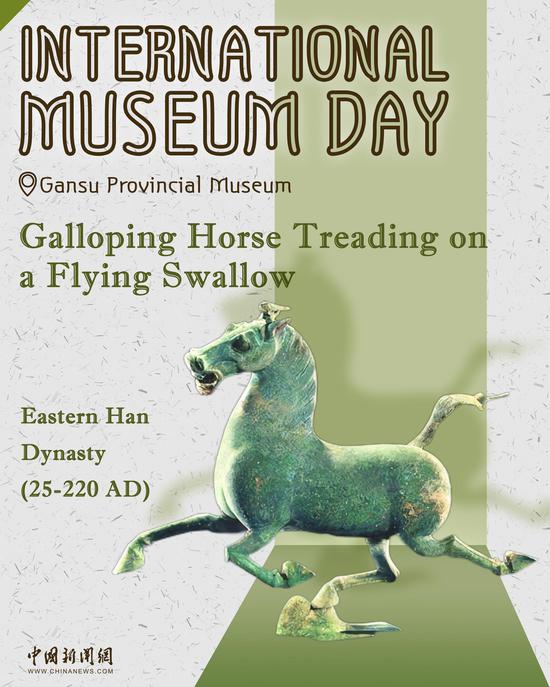
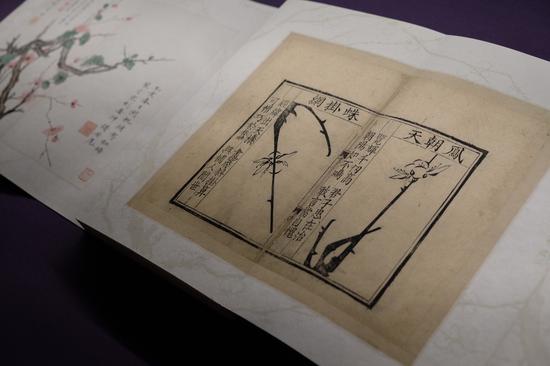









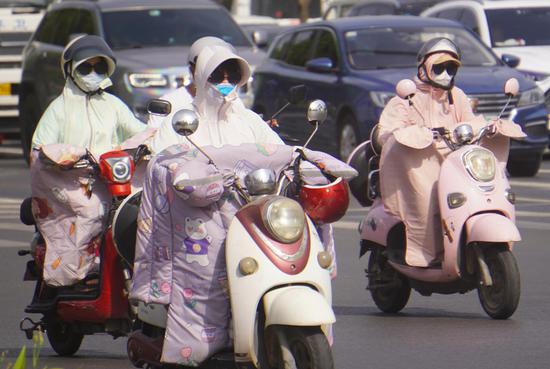



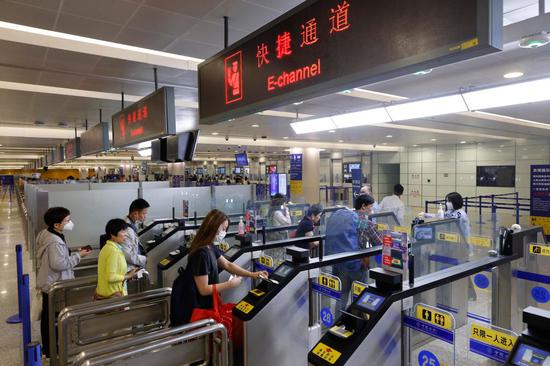


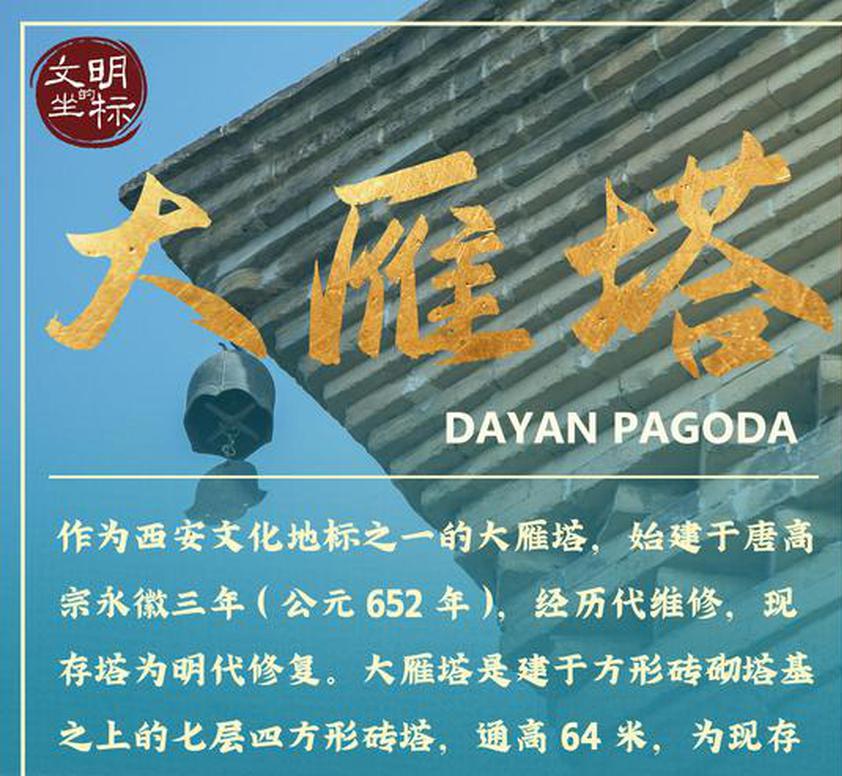
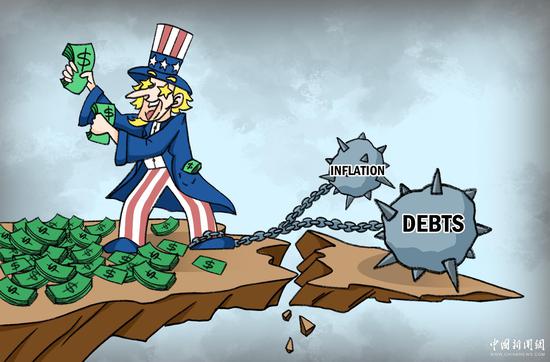


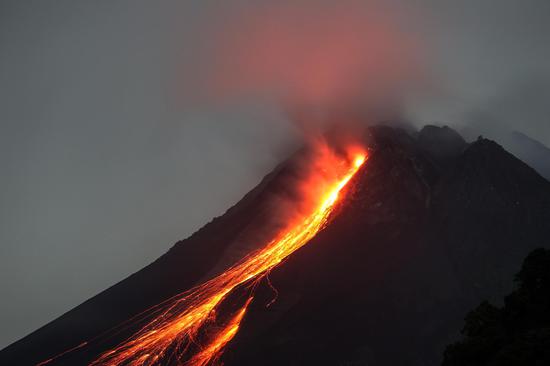



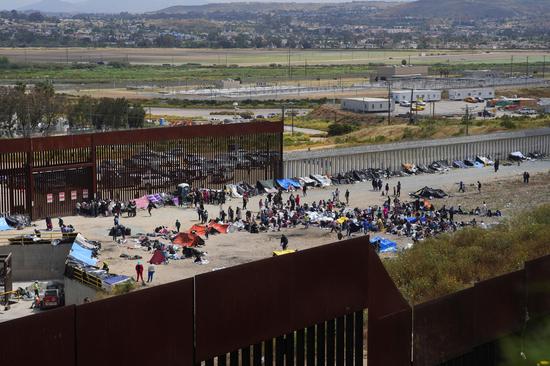






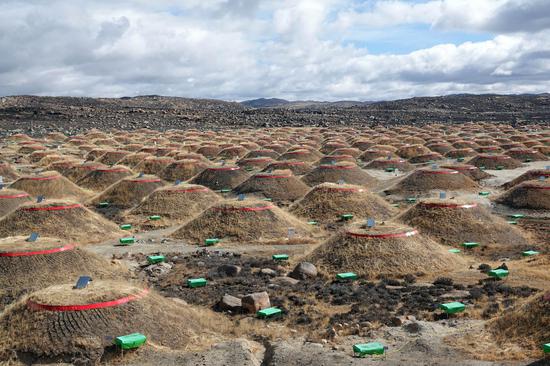





 京公网安备 11010202009201号
京公网安备 11010202009201号